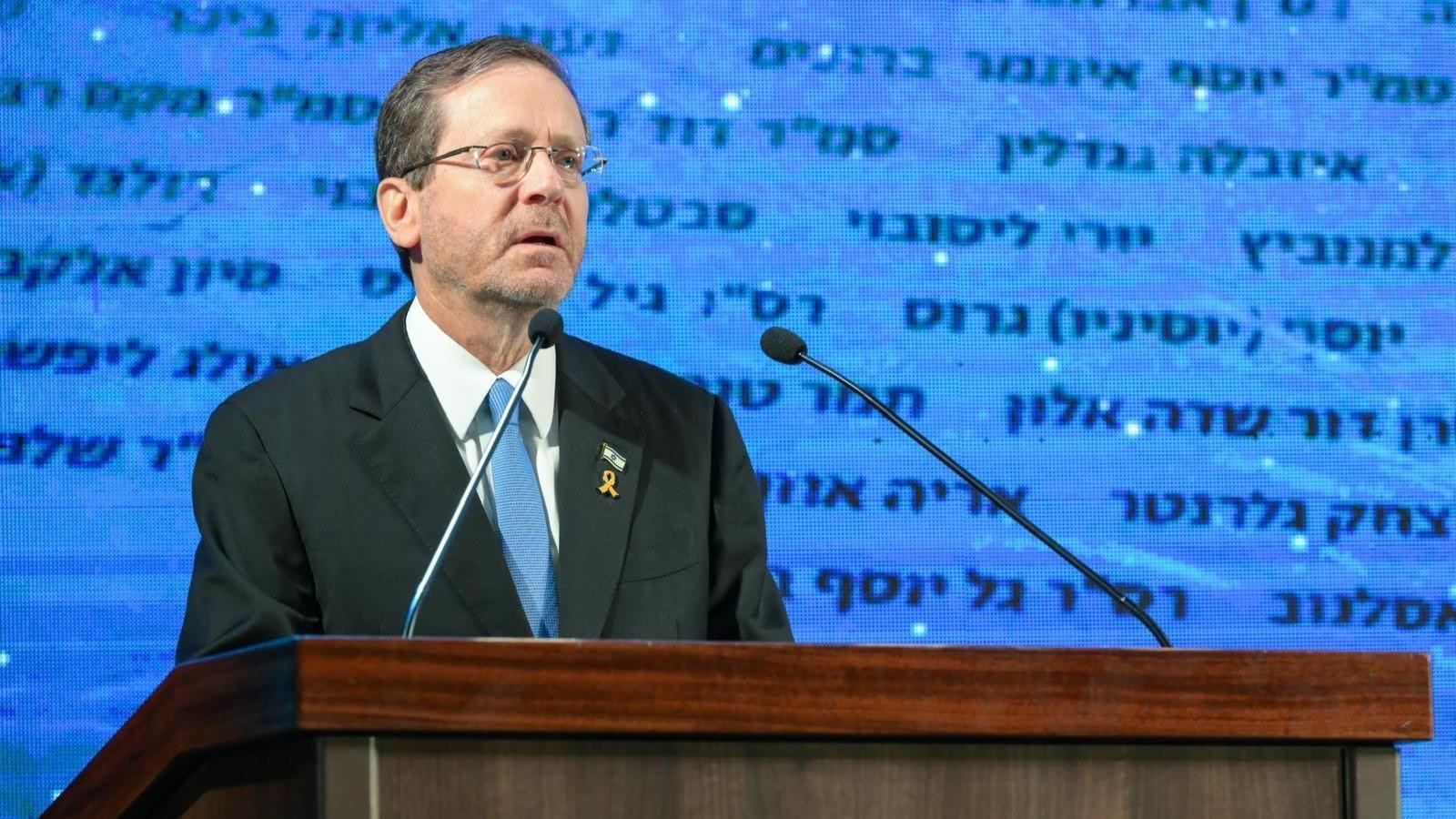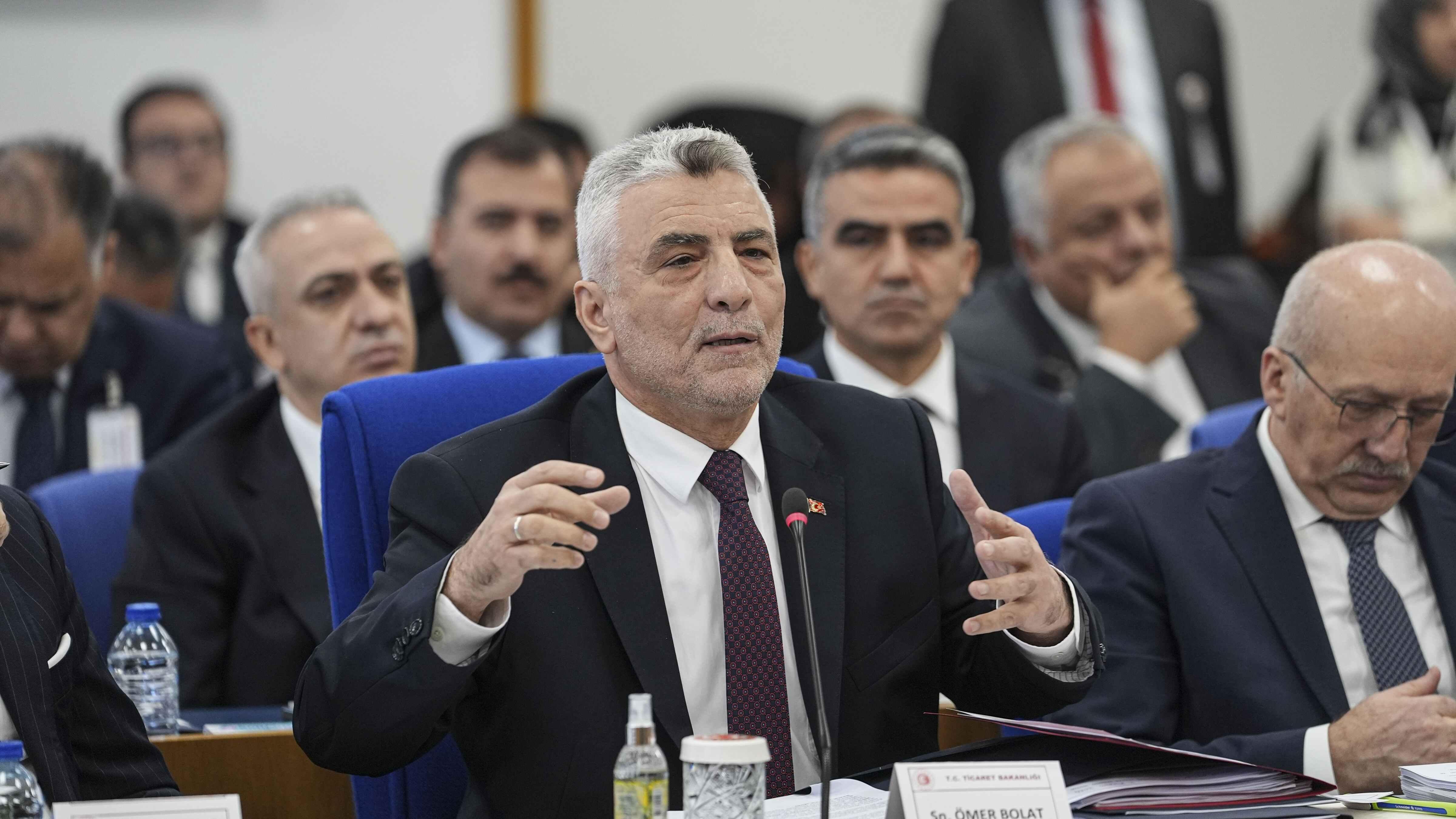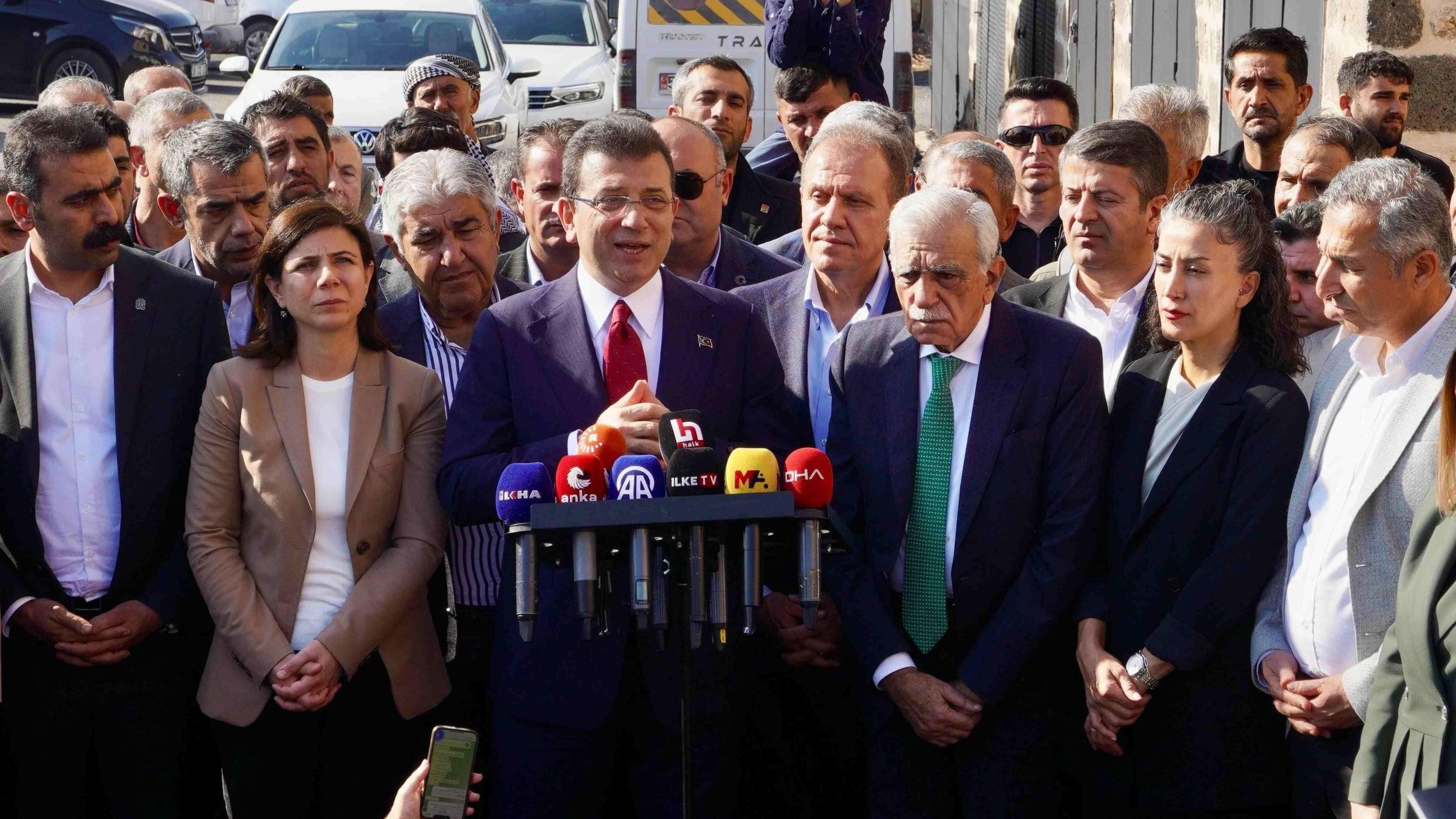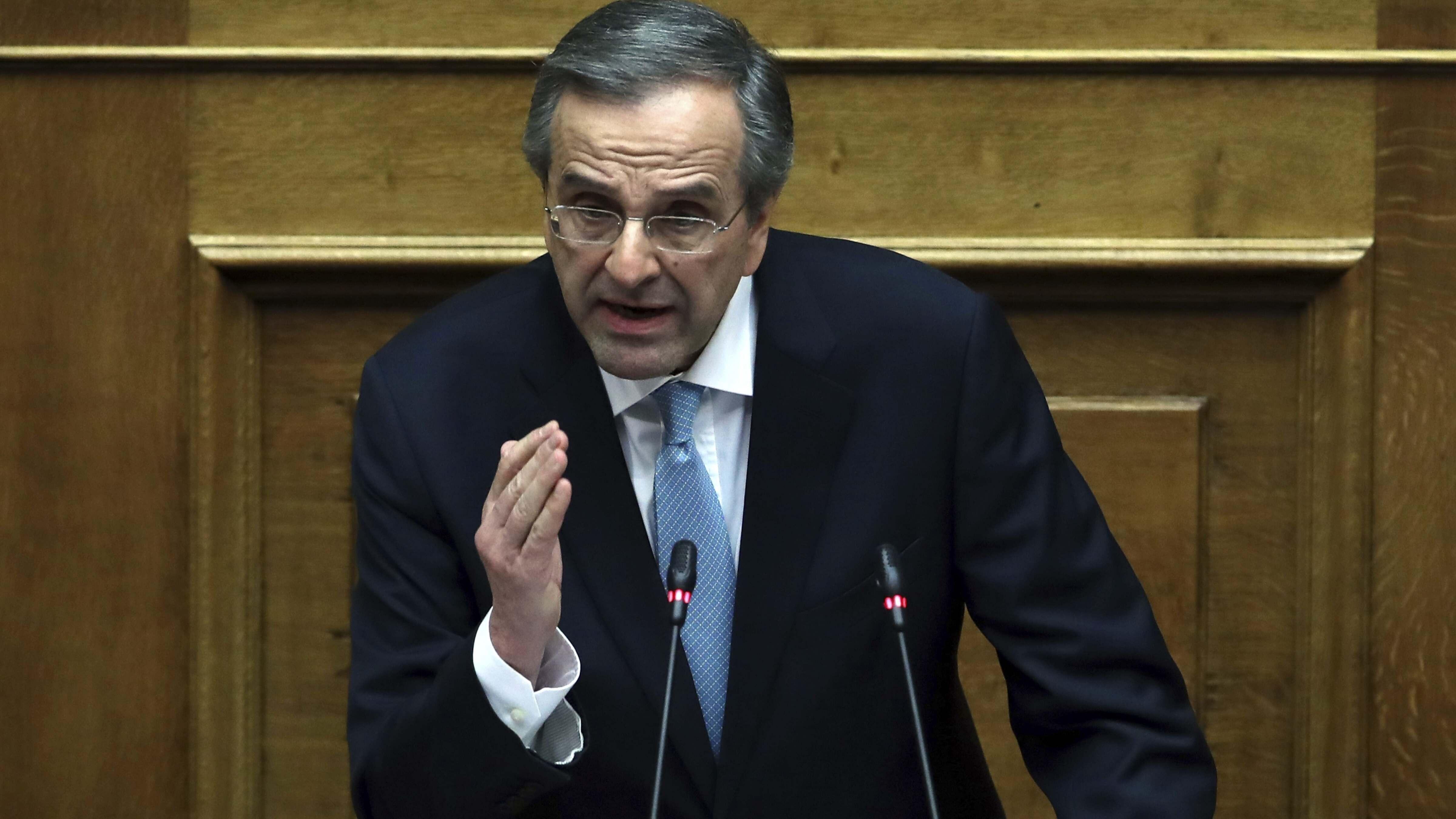Turkey is becoming a global hub for angel investment
Barçın Yinanç -barcin.yinanc@hdn.com
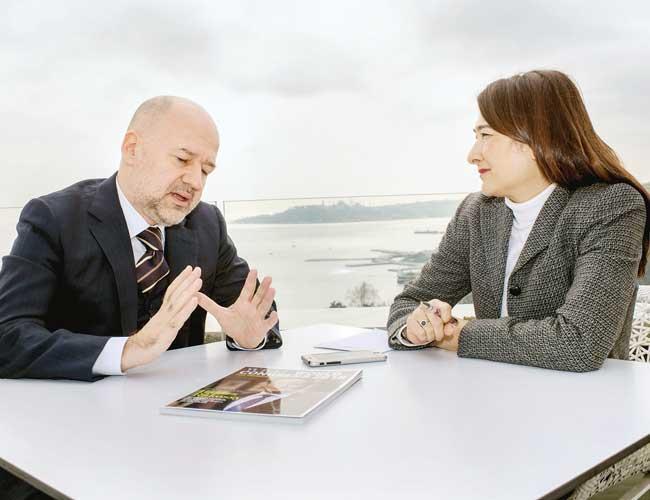
A tax incentive brought by the Turkish Treasury and the policy of supporting entrepreneurs and their supporters have helped Turkey position Istanbul as a global hub for startups, according to an experienced angel investor.
“Last year, Turkey became the fifth biggest startup market for angel investors in Europe, according to the European Trade Association for Business Angels [EBAN]. Some 512 million euros were invested in Turkey, whereas five years ago Turkey ranked 32nd,” Baybars Altuntaş, the chairman of the World Business Angels Investment Forum (WBAF), has told the Hürriyet Daily News.
At a time when foreigners prefer to abstain from holding conferences in Turkey, Istanbul last week hosted the World Business Angels Investment Forum (WBAF). What is the situation in Turkey in terms of angel investments?
If Israel attracts investors from all over the world, why can’t Turkey? Some 1,200 investors and startups from 74 countries attended the forum and we did not have even one cancellation. At one point, one of our American speakers told us she had received a notification from the U.S. Foreign Ministry and said she would cancel. But I convinced her to come. Entrepreneurship is something everybody wants to support. If the opportunities proposed to investors match their future plans, nobody cares if it is Turkey or South Africa.
Angel investors invest in startups that need an early stage finance worth up to $500,000. The total market size of the early stage equity market is around $50 billion. Last year, Turkey became the fifth biggest startup market for angel investors in Europe, according to the European Trade Association for Business Angels (EBAN). Some 512 million euros were invested in Turkey, whereas five years ago Turkey ranked 32nd.
What made the difference?
The tax incentive brought by the treasury department has affected the market. Turkey has the highest tax incentive — 75 percent. You are able to deduct the 75 percent from your personal income tax the next year.
Secondly, supporting entrepreneurs is a policy, and supporting the supporters of the entrepreneurs is also another policy which is now being endorsed by policymakers. As a result, from one angel network we have 16 angel networks in Turkey. There are 800 angel investors investing in startups, and the number of government-accredited angel investors is now 445.
The Scientific and Technological Research Council of Turkey’s (TÜBİTAK) president during the forum announced that the first angel fund of the world is on the way and that TÜBİTAK will back this fund with $25 million. When an angel investor invests in a startup with a qualified angel investor from another country that made a successful exit previously, then TÜBİTAK is going to match the amount of investment.
These are great news for Turkey, because it is positioning Istanbul as a global hub center for startups.
Could you say the angel investment market is still modest when compared with world standards?
Indeed. Turkey’s population is more than 80 million and it has 445 registered angel investors, whereas the U.K.’s population is 60 million and has 12,000 angel investors. But this is also showing the potential of Turkey; in the next five years this 445 will multiply.
Istanbul provides another potential; it is an exhilarator center. In Istanbul everything is faster. Turkish Airlines flies directly to all its destinations.
Following the global economic crisis in 2007, governments in Europe for instance stopped matching the investments of angel investors with public funds. Turkey is now going to match the investments of qualified investors coming from abroad. Turkey is the third country, after the U.K. and the U.S., to have a law on angel investment.
Who are the angel investors in Turkey? What are their profiles?
There are two types: One group consists of entrepreneurs, who know how to launch businesses, while the other group has never launched businesses but wants to put money in startups. In the forum we have established with the CEO of Türk Telekom and the global CEO alliance club, we discussed how CEOs can be converted into angel investors. CEOs have the know-how, they will have time after they retire to provide mentorship and they have the network. But they don’t know how to launch a business.
Policymakers should convert public money to smart money. Public money is important but it is meaningful if you can add know-how mentorship and networking while using the money for the benefit of startups; and only angel investors can put in mentorship expertise and network contacts. So governments should support the supporters of the entrepreneurs instead of supporting entrepreneurs.
What are the other potentials but also challenges specific to Turkey?
One potential is that surveys show that new generations want to set up their own businesses instead of looking for jobs.
But I think the main challenge is the language barrier. Angel investors enjoy investing in the jockey, not the horse. You may have a great business model but if you are not a good driver of business you can’t raise funds from angel investors. The qualifications of a jockey are more important than the business idea. The English language remains a problem in Turkey. Why is English so important? As an angel investor I would like to make an exit from an investment in the next five or seven years with a good multiplier and take the money back in order to reinvest it. I must make a successful exit. The exit strategy today is to sell it to Silicon Valley. If you are not well-connected with the Silicon Valley, Hong Kong or London startup ecosystems, it is impossible to make an exit.
One criticism voiced about startups in Turkey is that they focus on e-businesses rather than innovative applications.
Five years ago, e-businesses were proposed as a very practical entrepreneurial way to follow. But in five years e-businesses in Turkey failed to produce a global success story, and most of them are not in a good financial situation right now. Everybody has now understood that this is not the way to follow.
I suppose Turkey’s education system is another problem.
It is a genuine obstacle to the expansion of the startup ecosystem. In a startup competition in Vienna, competitors were invited to speak as teams not as individuals. Our education system is not compatible with this mindset. From elementary school to university, we are examined as individuals and are expected to become better than others.
Another obstacle for startups seems to be the fact that the Turkish business community is not showing interest in new products.
Some are trying to convert their own employers into entrepreneurs, which is difficult to make it happen. The new way is to create incubation centers, where they invite startups that have good business ideas and connect them with their research and development departments.
There are two ways of investment, sometimes they invest with money, and sometimes they become the customer of a product; that opens new doors to startups. This is how corporate venture capital is working. We discussed in panels why not all countries were working like this.
In Middle Eastern countries no one wants to invest in the dreams and aspirations of young people. They want to invest in real estate. But a former minister in Bahrain said the angel investment system is fully compatible with the Islamic system.
What differs Turkey from other Middle Eastern states? Real estate is still very lucrative and restrictions on freedom of expression do not provide the ideal environment for startups.
Our investment ecosystem knows that the real driver of success is not the environment that startups are in. In other words, there is no positive correlation between environment and startups. Startups focus on their own businesses; they create new things and promote them.
WHO IS BAYBARS ALTUNTAŞ?
 Baybars Altuntaş is currently the chairman of the World Business Angels Investment Forum (WBAF), vice president of the European Trade Association for Business Angels, and president of the Business Angels Association of Turkey (TBAA).
Baybars Altuntaş is currently the chairman of the World Business Angels Investment Forum (WBAF), vice president of the European Trade Association for Business Angels, and president of the Business Angels Association of Turkey (TBAA).
Born in 1970, Altuntaş is a graduate of Boğaziçi University. He founded Deulcom International, a vocational training school in Turkey in 1992.
He is a former senior advisor of the Elite Programme of the London Stock Exchange Group (LSEG).
One of the stars of the Turkish version of the television show “Dragons’ Den,” Altuntaş is the author of “Off the Bus, Into a Supercar! How I Became a Top TV Star and Celebrated Investor,” published by Balboa Press in 2014 and translated into Chinese, Croatian, Albanian, and Macedonian.



